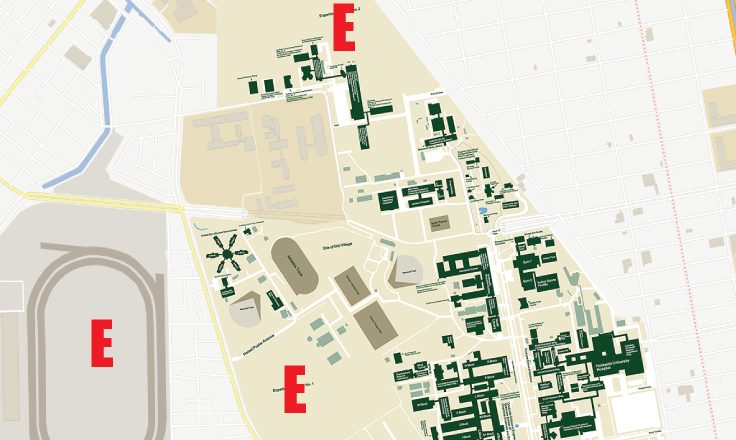Prepare for disaster
EnglishMultilingual information site
The following sites provide information on disasters and daily life in multiple languages.
Listen to the latest news from Japan. Languages include Japanese, English, Korean, Chinese, Vietnamese, Portuguese, Spanish, Arabic, Bengali, Burmese, French, Hindi, Indonesian, Russian, Swahili, Thai, and Urdu. word.
Information on disaster prevention, life, education, tourism, etc. can be obtained. Languages are Japanese, English, Chinese, Korean, and Russian.
Information on disaster prevention, life, education, tourism, etc. can be obtained. Languages are Japanese, English, Chinese, Korean, and Russian.
Japan Meteorological Agency Disaster Prevention Information - Multilingual Page
Information on rain cloud movement (high-resolution precipitation nowcasts), risk distribution of heavy rainfall warnings (landslide hazards) / mesh information on landslide hazard warnings, risk distribution of heavy rainfall warnings (flood damage), and risk distribution of flood warnings can be read in Japanese, English, Chinese (simplified Chinese), Chinese (traditional Chinese), Korean, Portuguese, Spanish, Indonesian, Vietnamese, Tagalog, Thai and Hindi.
Portal site for lifestyle support for foreigners (language selector available)
This is a website provided by the Japanese government (Ministry of Justice) that provides information for foreigners living in Japan and their supporters. Languages are Japanese, English, and Vietnamese (partly).
Latest radiation dose information
Sapporo City 【Japanese】 also provides information on atmospheric radiation levels in Sapporo City.
The latest information on radiation doses nationwide, including air dose measurements, can be found in the NRA Radiation Monitoring Information (language selector available).
How to prepare for disaster
Some international students may have never experienced an earthquake at all. Some of them may not know what kind of disaster prevention measures are taken in Japan. The City of Sapporo provides information on disaster prevention in various languages.
Hokkaido University Sapporo Campus has a wide-area evacuation site designated by the city. The first is the First Farm (Kita 8-18 Nishi 10-13) and the second is the Second Farm (Kita 19-23 Nishi 9-13). Please be sure to check the locations in case of emergency.
Mental health care during disasters
Disasters can cause psychological stress and trauma. International students should be aware of the possible psychological effects of disasters. Most people experience stress when they witness a disaster. Please be aware of common signs of stress and how to cope with them. If you are having difficulty coping, seek counseling.
1. Common Reactions to Disasters
- Fear and anxiety. Includes fear that everything will be out of control and anxiety about uncertain situations.
- Feelings of grief, loss, and anger are normal reactions to the extraordinary circumstances of a disaster.
- You may feel a loss of concentration and become frustrated by this.
- You may also experience a phenomenon called survivor's guilt. This involves feeling guilty about the fact that others are suffering more than you, or feeling remorse that your actions could have lessened the harm.
- Other reactions include feelings of hopelessness, frequent crying, and a lack of pleasure in anything.
Other stress reactions
- Inability to relax and sleep.
- worry excessively.
- Energy and physical strength decrease or increase more than usual.
- Excessive intake of alcohol and tobacco.
- You become irritable easily and explode with anger even over trifles.
- Confusion and difficulty in speaking and listening communication.
- Abdominal pain or diarrhea.
- Tremors, headaches, nausea, etc.
- Loss of appetite or eating more than intended.
- Sweating and chills.
- It is easier to get spooked.
- Feeling overwhelmed by strong emotions, feeling depressed, or feeling lethargic.
2. Post-disaster stress management
- Talk to your friends, classmates, teachers, and family about how you are feeling. Don't stress out alone.
- Watching tragic images from the media for long periods of time can cause a great deal of mental stress. If watching the news becomes unbearable, move away from the source and do something else.
- Take good care of your physical and mental health by getting plenty of rest, exercising moderately, and eating well-balanced meals. Change your mood and do something fun or work that relaxes you.
- Avoid excessive alcohol and tobacco consumption to relieve stress.
- Try to lead a routine life before a disaster.
- Take advantage of opportunities to share your thoughts, such as participating in group discussions.
3.International Student Counseling
If you are suffering from the effects of a disaster, do not hesitate to seek counseling.
Language: Japanese/English
Hours: 9:00-17:00
Venue: Student Communication Station Room Student Advice and Counselling Center 2nd Floor International Student Counseling Office Exchange Station
Email: yoyaku”AT”sacc.hokudai.ac.jp
Replace “AT” with @
Phone: 011-706-7463
Appointment: Please make an appointment by e-mail or phone. Please include your name, affiliation, contact information, and desired interview date and time in the e-mail.
Safety confirmation system
This is a system to report to the university whether you are safe in case of a disaster such as an earthquake.
Registration is required to use it. Please register from the page below.
https://www.hokudai.ac.jp/bureau/anpi/reg_gakusei.html

